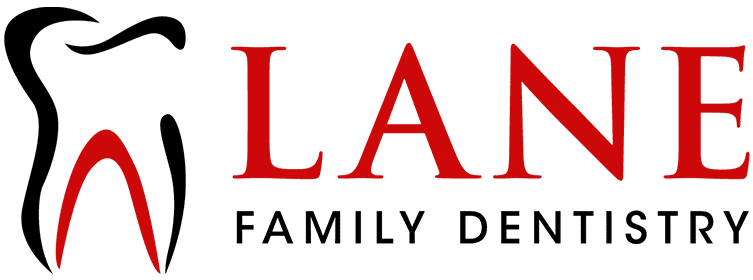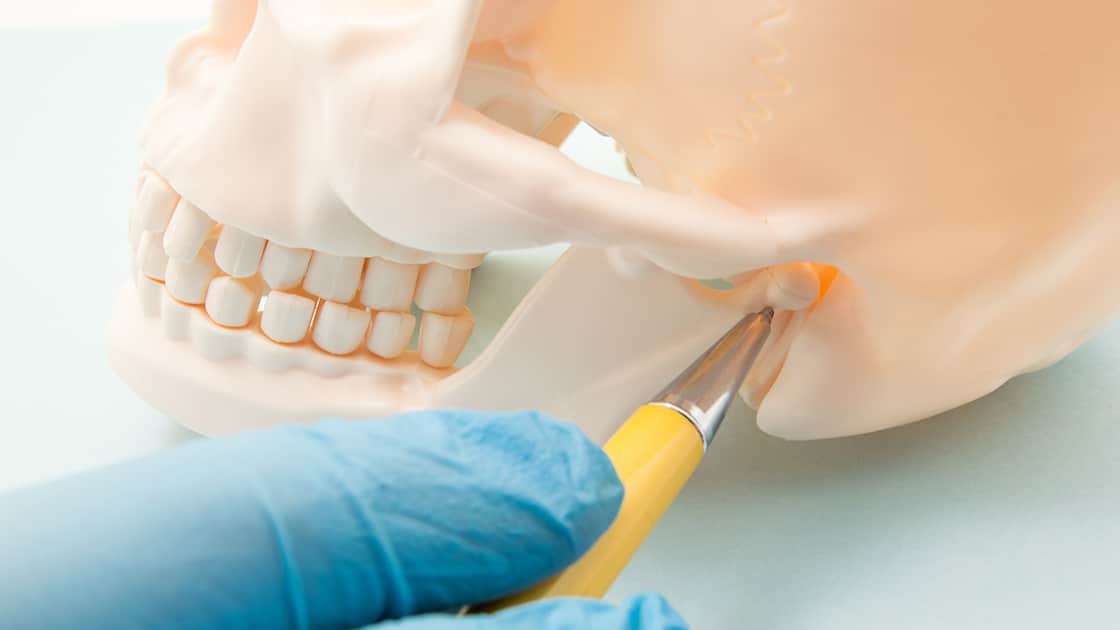
Lane Family Dentistry provides dental implants in Vilonia, AR. Call 501-796-3903 to learn more and schedule an appointment.
What Are Dental Implants?
Dental implants are a natural-looking tooth alternative. Using a titanium post, this artificial root is implanted into the jaw bone. Once it fuses together, abutment posts are added to the anchor and a crown is attached. This new permanent attachment looks and functions just like a real tooth.
There are different options for dental implants, based on your need. Single tooth dental implants are a great solution for those missing just one tooth - or multiple, non-adjacent teeth. Patients who are missing multiple adjacent teeth can take advantage of implant-supported bridges. We even offer implant-supported dentures for patients who are missing many - or all - of their teeth.
Additional options include:
- A full arch with only four implants, replacing only the upper or lower teeth.
- Mini dental implants are used when full-size implants are not an option, such as low bone mass or small spaces within the mouth.
Whether you are investing in a dental implant for one tooth or as a bridge or dentures, you will find that this is the best, most functional tooth alternative on the market today.
Benefits of Dental Implants
This ultimate solution for replacing teeth, dental implants, comes with more benefits than you can imagine, such as:
- It prevents bone loss in areas of missing teeth.
- Looks real - and matches your natural teeth.
- Functions like a regular tooth - including the restoration of bite force.
- Supports the surrounding teeth.
- No chance of getting cavities.
- Allows you to speak naturally.
- Super easy to care for.
- Implant-supported dentures won’t slip out like traditional dentures.
- Won’t allow your face to change shape.
There are many other tooth replacements out there, but none that work as beautifully - or come with as many benefits - as dental implants. They are a permanent solution to tooth loss.
Are You a Good Candidate for Implants?
While dental implants are a great solution, they aren’t necessarily for everyone. A good candidate for dental implants will have:
- Good oral health - and oral hygiene habits
- The proper amount of jaw bone
- Healthy gum tissues with no signs of periodontal disease
- Good overall health
- Non-smoker
The candidate will also need to have patience. The process of getting dental implants can take anywhere from a few months to a year.
If you are not sure if dental implants are right for you, contact Lane Family Dentistry at 501-796-3903
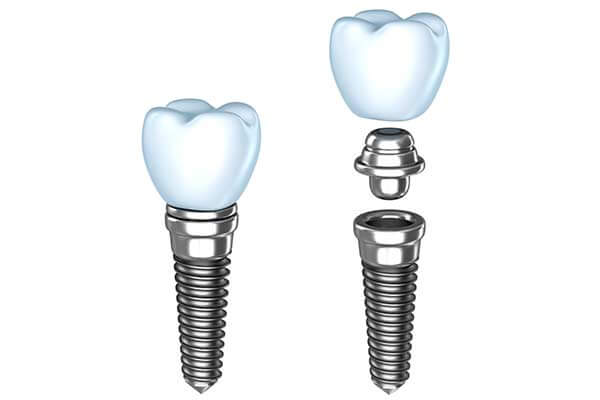
Single Tooth Dental Implants
Dental implants replace tooth roots in the mouth. Implants provide a strong foundation for fixed or removable replacement teeth and can aid in the prevention of bone loss in the jaw.
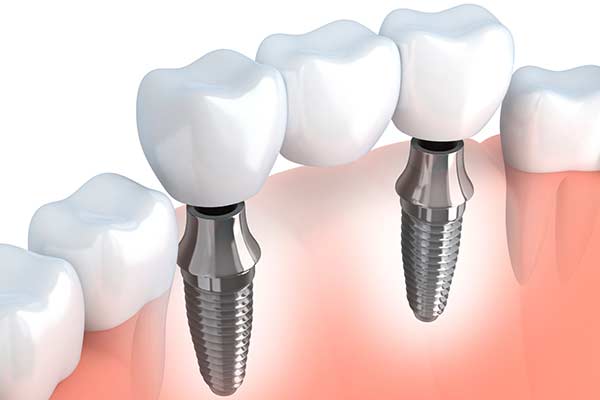
Implant Supported Bridges
An implant supported bridge is a restorative solution for spaces where three or more adjacent teeth are missing. This restoration typically requires two implants to support the porcelain bridge. The bridge provides a functional and aesthetic replacement for a patient’s natural teeth.
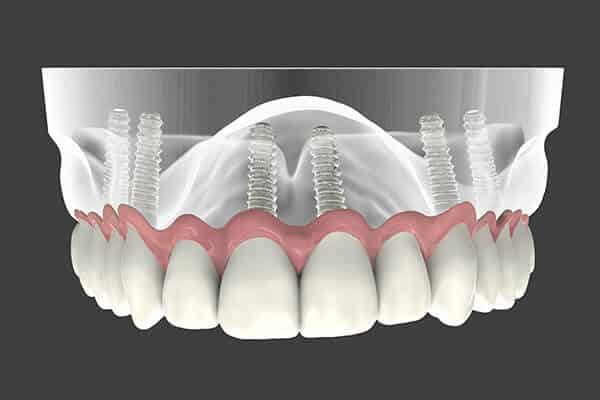
Implant Supported Dentures
For patients who are missing many or all of their teeth, implant supported dentures may be an alternative to traditional dentures. This solution requires the placement of two or more implants. In order to replace a full arch denture, a minimum of four implants is generally recommended. Eligibility for this solution is dependent upon a number of factors, with jaw bone density being one of the most significant determining factors.
Traditional dentures rely on an acrylic base that sits directly on the gums, held in place by a paste or adhesive. Using implants as supports for dentures allows for a smaller and more comfortable base and less shifting of the prosthesis during use.
Implants can support both full and partial dentures as well as both fixed and removable dentures. If a removable denture is selected, the denture will “snap” on to the implant rather than requiring the use of denture paste or adhesives. Removable dentures can be taken out for cleaning at night.
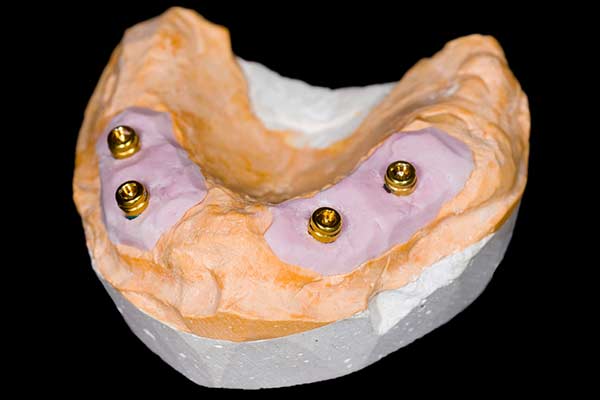
Full Arch with Only Four Implants
This procedure is a unique implant solution that allows patients with a completely edentulous (toothless) upper or lower arch to replace all of the teeth in that arch using only four implants as anchors.

Mini Dental Implants (MDIs)
There are times when a full size implant is not a viable option, and in many cases an MDI may be a great solution. Small spaces or inadequate bone mass in the jaw may prevent the use of traditional implants. Mini Dental Implants are similar to regular implants but, as the name suggests, are significantly smaller in diameter. Dental implants typically take 2 visits and require a waiting period of a few months from the time of implant placement to the time the permanent replacement tooth can be placed. The placement of MDIs is minimally invasive, often requiring only local anesthetic and no sutures. For this reason, MDIs can often be placed with the final replacement tooth in one day.
Zygoma Implants
There are times when a full size implant is not a viable option, and in many cases an MDI may be a great solution. Small spaces or inadequate bone mass in the jaw may prevent the use of traditional implants. Mini Dental Implants are similar to regular implants but, as the name suggests, are significantly smaller in diameter. Dental implants typically take 2 visits and require a waiting period of a few months from the time of implant placement to the time the permanent replacement tooth can be placed. The placement of MDIs is minimally invasive, often requiring only local anesthetic and no sutures. For this reason, MDIs can often be placed with the final replacement tooth in one day.
The Benefits & Importance of Dental Implants
Want to know more about why you should choose dental implants?
